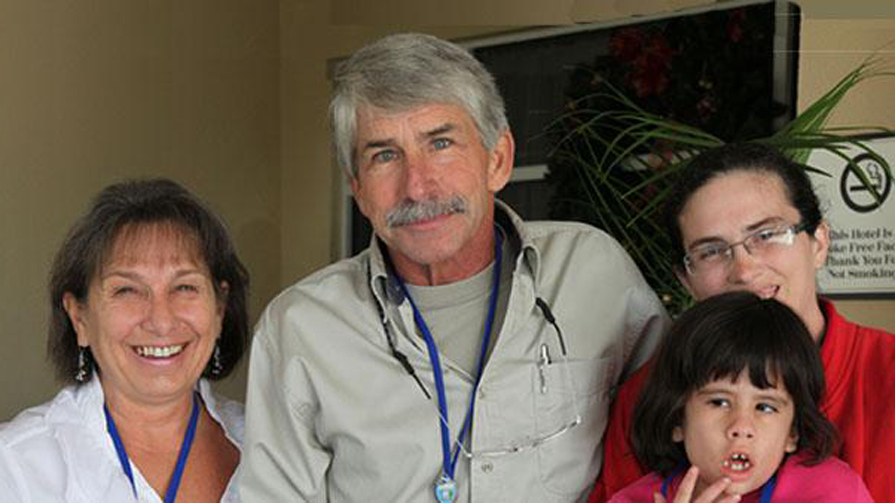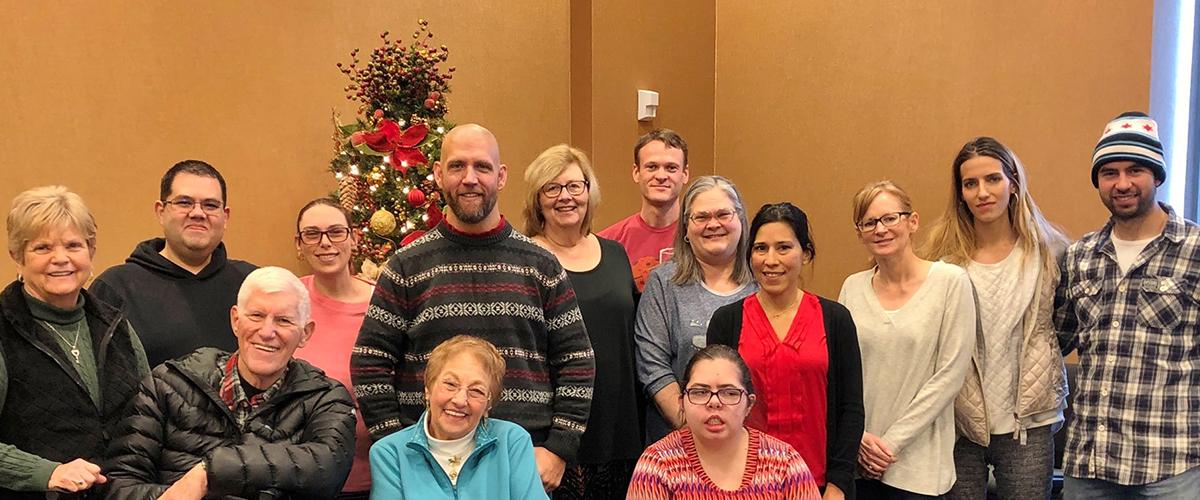 When Marty Benner’s granddaughter, Sophia, was born in November 2006, the doctors and nurses immediately knew something wasn’t right. After a month of life support and visiting various hospitals and doctors, Sophia was diagnosed with congenital DM1. After meeting with a geneticist and undergoing testing, Marty’s husband Randy, and her daughter Brannon, were also diagnosed with DM1.
When Marty Benner’s granddaughter, Sophia, was born in November 2006, the doctors and nurses immediately knew something wasn’t right. After a month of life support and visiting various hospitals and doctors, Sophia was diagnosed with congenital DM1. After meeting with a geneticist and undergoing testing, Marty’s husband Randy, and her daughter Brannon, were also diagnosed with DM1.
Marty knew her family could easily fall apart following the diagnosis. But giving up was not an option. “My husband dealt with it pretty well. We had a lot of family meetings and discussed our plan of action,” Marty explains. Sophia came home from the hospital in March 2007 and Brannon moved in with her parents when her husband was deployed. “I did a lot of work with Sophia. I was essentially her night nurse,” Marty says. Sophia is now doing well. She walks independently and talks, though her speech is a bit garbled, and she’s going to a school that has a program for special-needs children.
Brannon has developed cardiac problems and has an ICD (fibrillator and pacemaker) in her heart. She walks with a cane, but the family is working on therapy for her. Randy also walks with a cane and has had cataracts and some heart issues. Despite all that, Marty feels fortunate because she knows the situation could be much worse.
“I don’t want people to ever give up. I’ve spent so much time educating people: teachers, nurses, even doctors. The most important things are to get educated and be your own advocate. If you don’t, no one else will and you could end up getting lost in the shuffle.”

